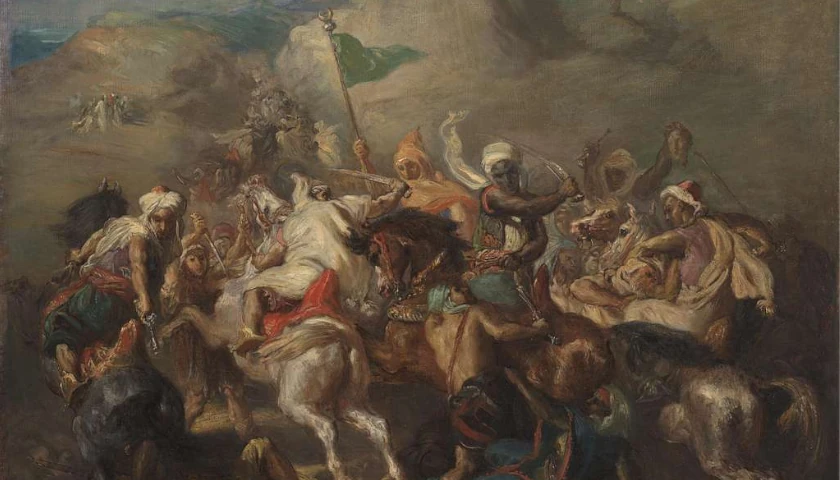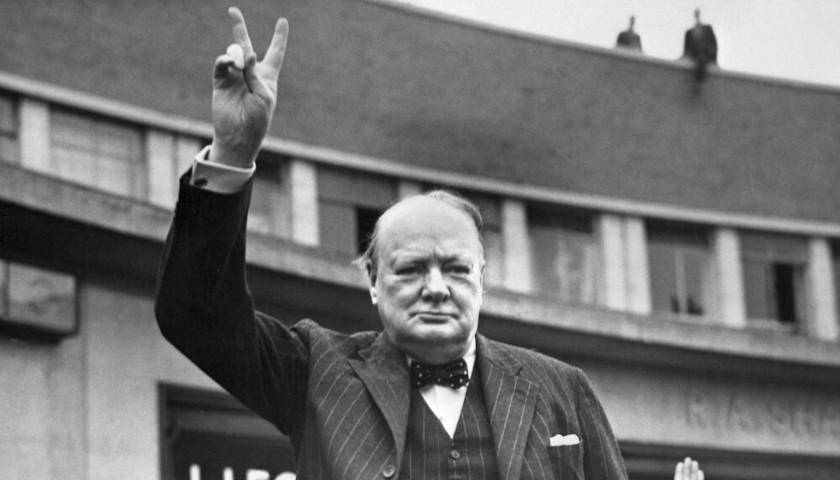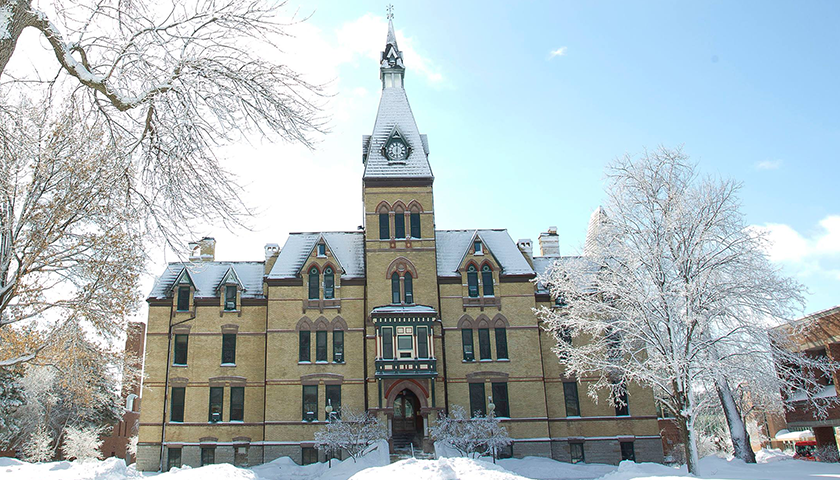by Simon Maass
English philosopher Antony Flew once commented that Islam was “best described in a Marxian way as the uniting and justifying ideology of Arab imperialism.”
This is a rather provocative notion, but it’s not as implausible as it seems.
Arab imperialism is a very real phenomenon. As James Sinkinson writes, “Arabs are the most successful colonizers ever.” According to Sinkinson, the “Arab world,” which encompasses 22 countries, owes most of its territory to “the violent subjugation of local indigenous peoples.”
What evidence supports these claims from Flew and Sinkinson?
Under Islamic law, non-Muslims are required to pay the jizya, or “poll-tax.” However, Arabist Tim Mackintosh-Smith has observed that Christian Arabs during the Muslim conquests were exempted from the jizya by virtue of their ethnicity. In his essay “Jihad,” medieval Muslim scholar Ibn Taimiyya similarly writes that if a group belongs neither to the “People of the Book” nor to the Zoroastrians, “jurists differ whether jizyah should be levied on them or not; the Arabs, however, are exempted by the majority.” In other words, Arabs need not pay the poll-tax.
Add to this the scriptures which imply that Allah prefers the Arabs, or “children of Ishmael,” over other peoples. And even those are only scratching the surface: There are plenty more Islamic traditions which appear to contain a clear pro-Arab bias.
Such elevation of Arabs over other people groups seems to be reflected in popular attitudes as well. One academic notes as much:
Across the Muslim world, Arabs have often seen themselves as the mainstay of Islam, and Islam as the national culture of the Arabs. Nationalism became unpopular when it failed to satisfy Arab aspirations and is now often seen as an import from the West to ‘divide and conquer.’
Olivier Roy, an expert on political Islam, likewise remarks that the religion lends itself much better to Arab than to non-Arab nationalism. “There is no contradiction,” he says, “between a linguistic and cultural Arabic identity and a logic of Islamization.”
In contrast, “in the non-Arab world, Islamism has developed inconsistently in relation to an ethnic identity.” Here, Islamists have tended to define a country’s identity in terms of its “ties to Islam, rather than by an ethnic-linguistic reference.” Under Roy’s analysis, Islamism coexists with Arab national pride among Arabs, but among non-Arabs, it replaces national identity with Muslim identity.
Scholars have described many times that land has been conquered under the banner of jihad then Arabized by the new rulers. Historian Alex Joffe writes that, following the “Islamic conquests” (which brought the lands east of the Mediterranean under Muslim rule), “Islamization and Arabization” went hand in hand. The process involved “implanting settlers” as well as “encouraging conversion to Islam.”
Andrew Bostom quotes historian Naphtali Lewis, who says that the newly established Islamic caliphate pursued a “nationalistic policy” during the late seventh and early eighth centuries. For instance, “non-Arabs” were “eliminated from government service.” In Muslim Spain, the Arab/non-Arab divide was pronounced.
[S]ociety was sharply divided along ethnic and religious lines, with the Arab tribes at the top of the hierarchy, followed by the Berbers who were never recognized as equals, despite their Islamization; lower in the scale came [other] converts and, at the very bottom, the … Christians and Jews.
Flew’s vision of Islam as a means of Arab domination remains plausible when looking at modern times. Consider Said Halim Pasha, who served as Grand Vizier of the Ottoman Empire from 1913 to 1917. In 1916, according to Umut Uzer, the vizier claimed that the Empire’s decline was not due to any deficiency in Islam. Instead, the problem was that “the existence of ethnic identities prevented the true Islamization of societies, especially among non-Arabs.”
Ziya Gökalp, one of the founding figures of Turkish nationalism, disagreed, blaming intellectual stagnation for the country’s decline. Gökalp further stated “that Islamic civilization had detrimental impacts on the national culture of non-Arab Muslim peoples.” This anecdote strongly suggests an Arabist bias in Islam.
More recently, in 2008, Khaled Mash’al, then leader of Hamas, declared that soon the world would obey “the Arab Islamic will.”
At first blush, it may be hard to stomach the notion that Islam could be an instrument of Arab imperialism. But Antony Flew contends elsewhere that Islam is fundamentally different from a religion like Christianity. It is, he writes, much more politically focused and much more concerned with reordering society. In short, it is much more of an ideology. Against this backdrop, Flew’s thesis that Islam is linked to Arab imperialism is far from absurd.
– – –
Simon Maass is a freelance writer with a degree in International Relations. He has contibuted articles on politics and culture to over a dozen publications.
Photo “Arab Battle” by .





